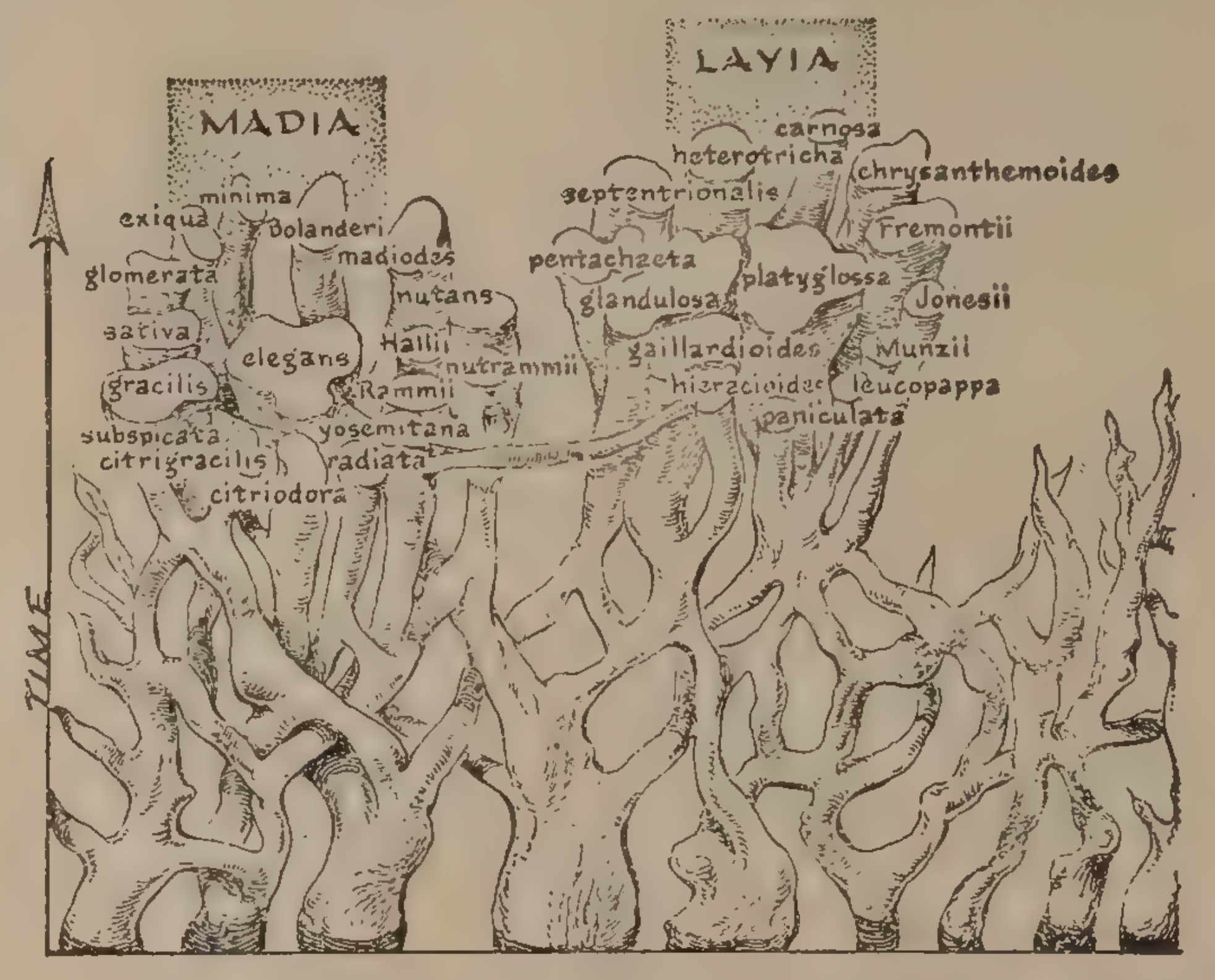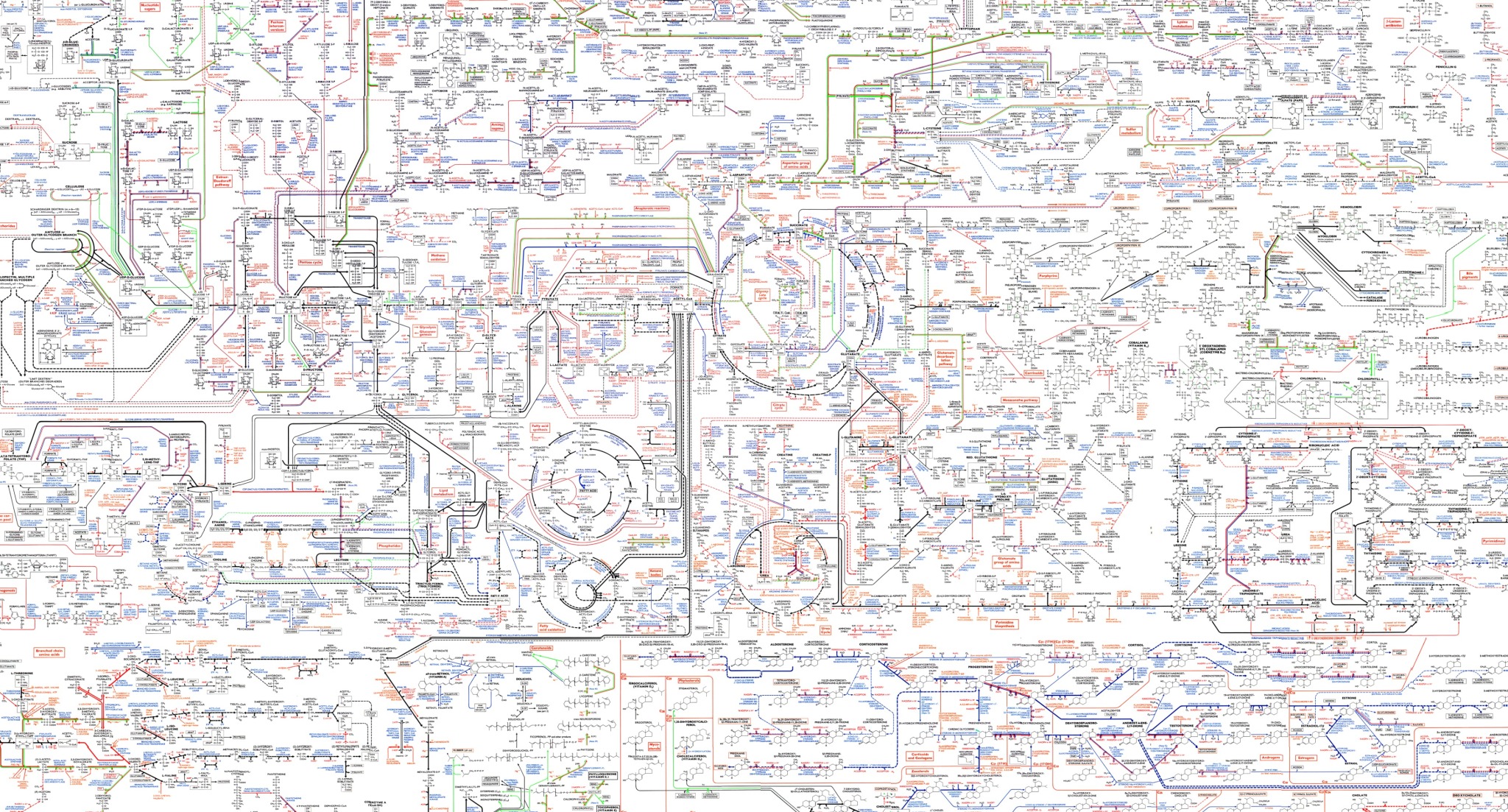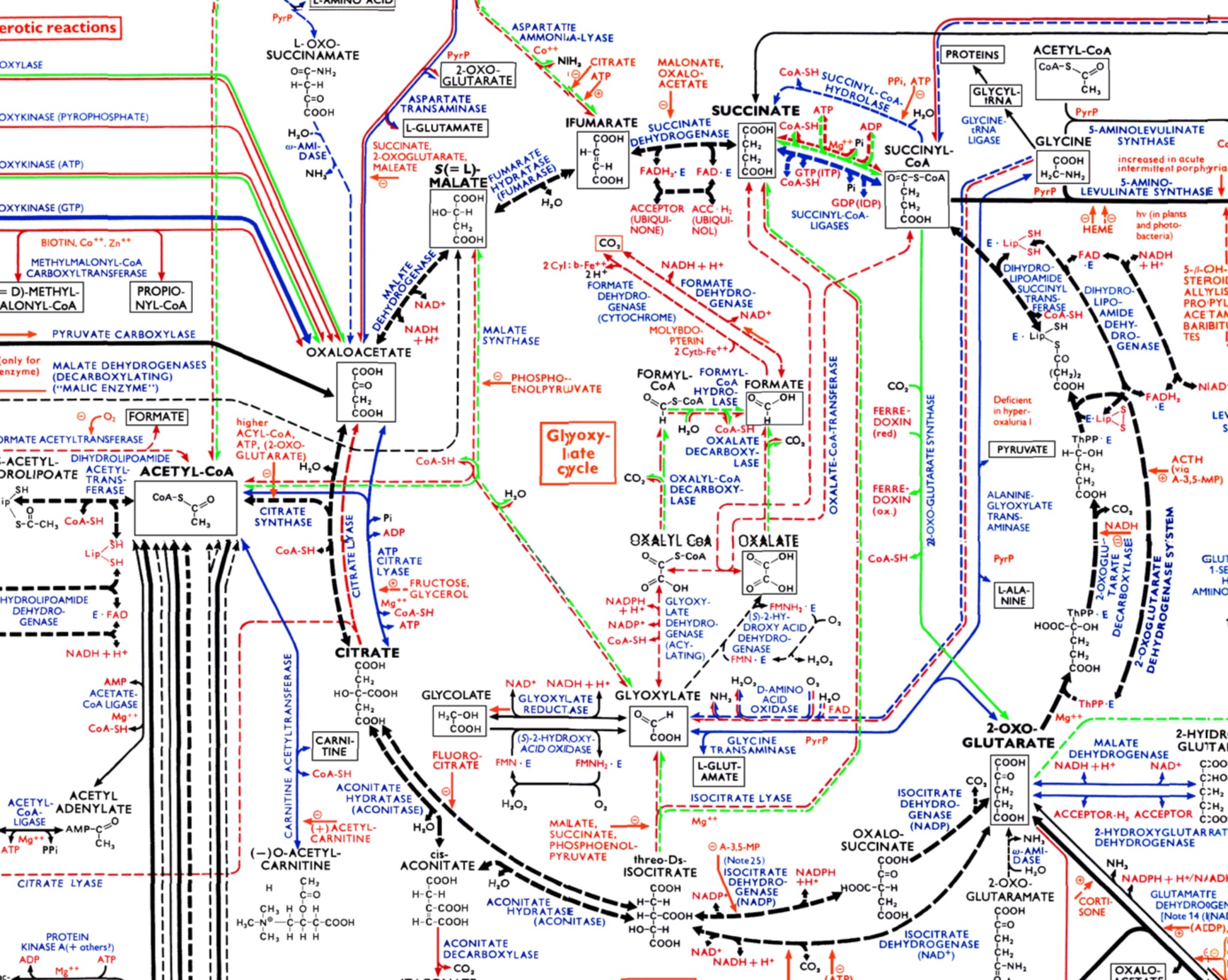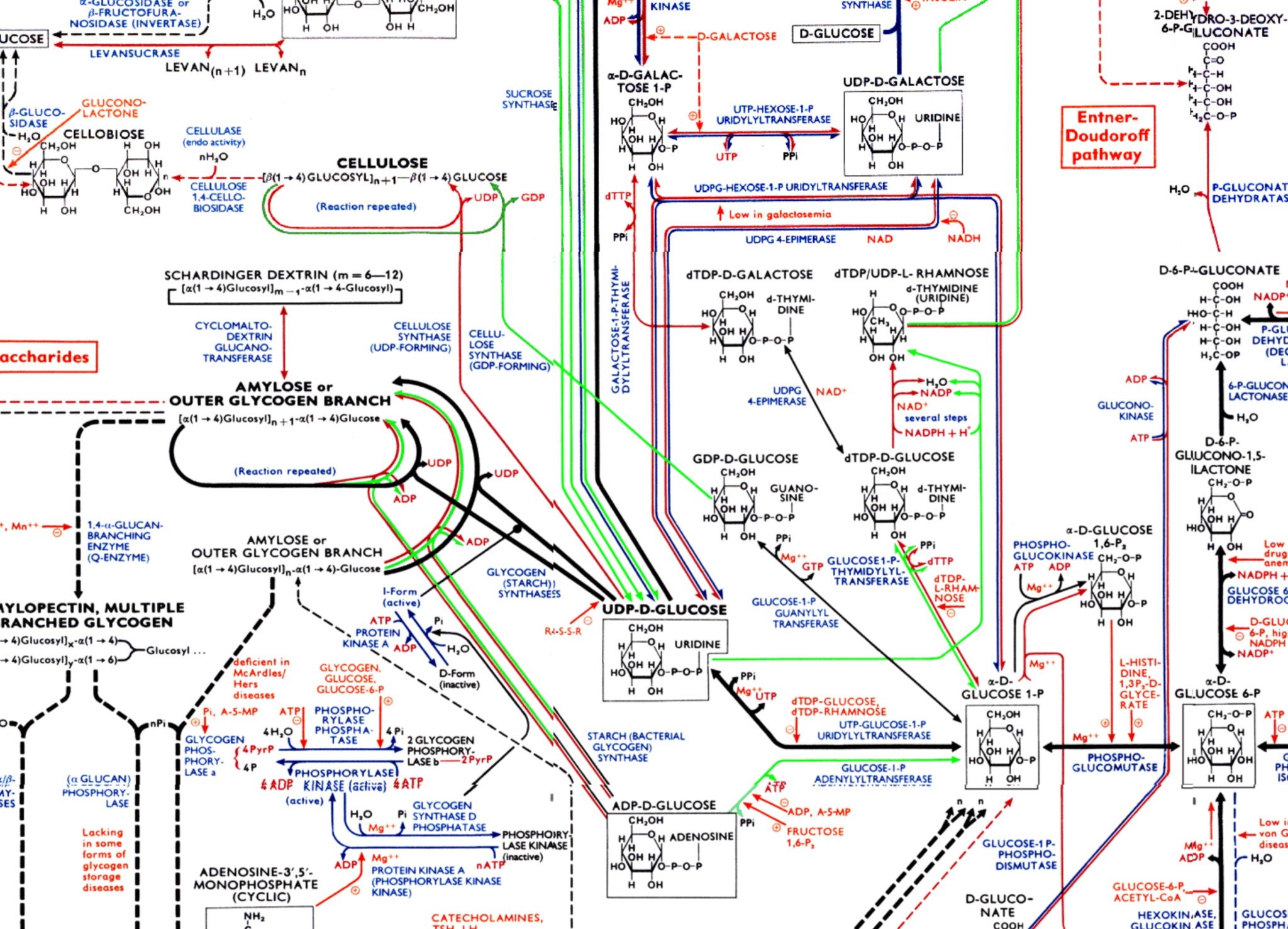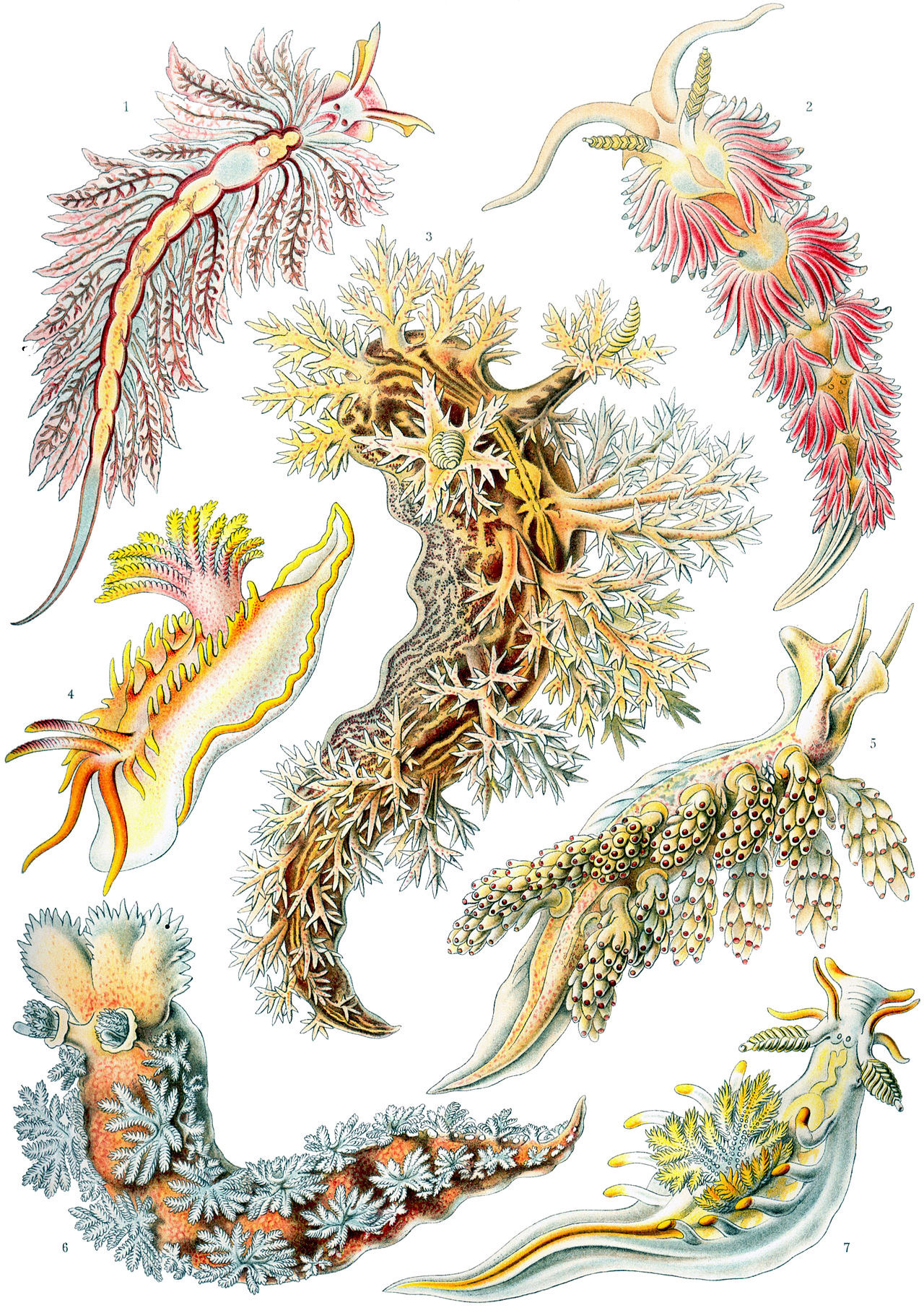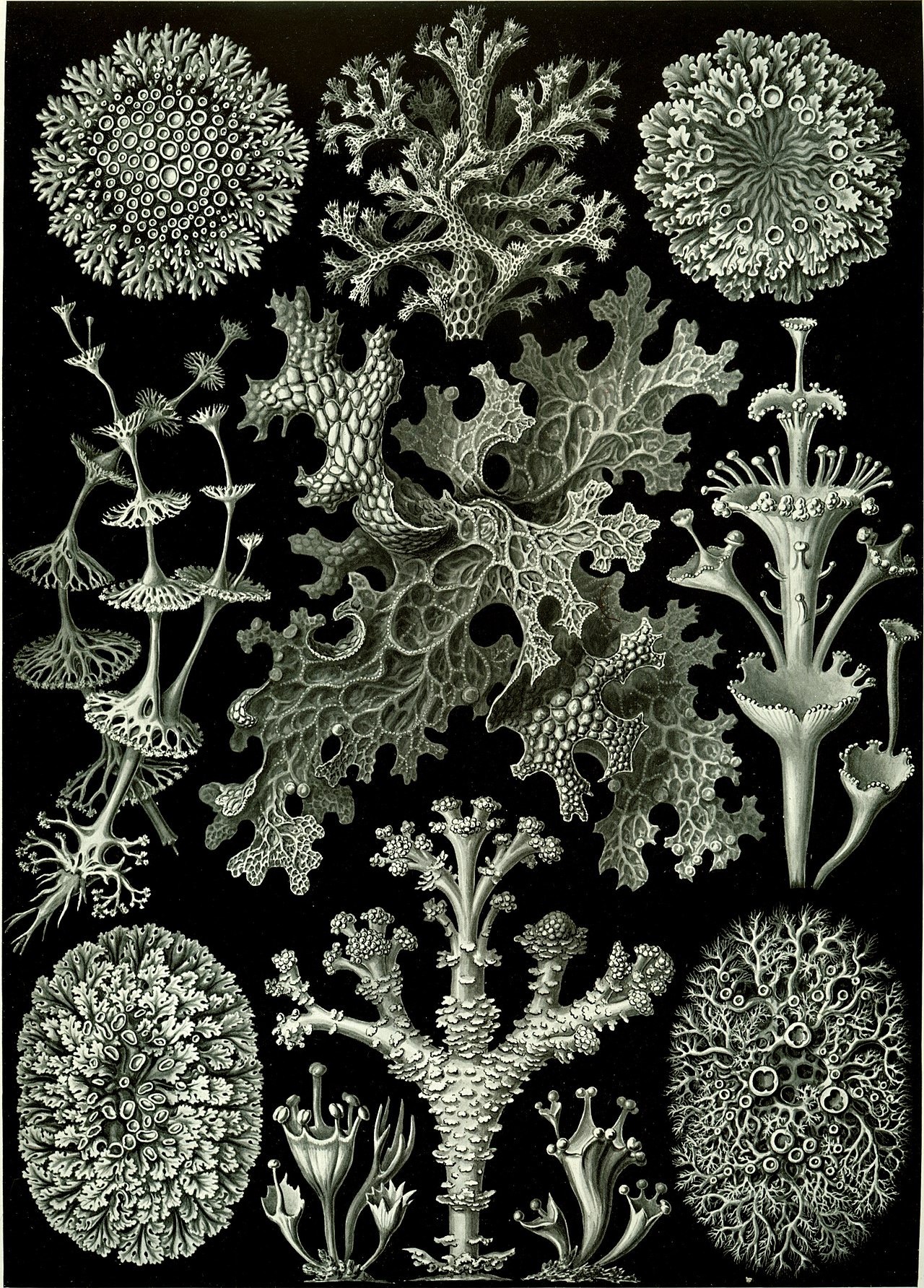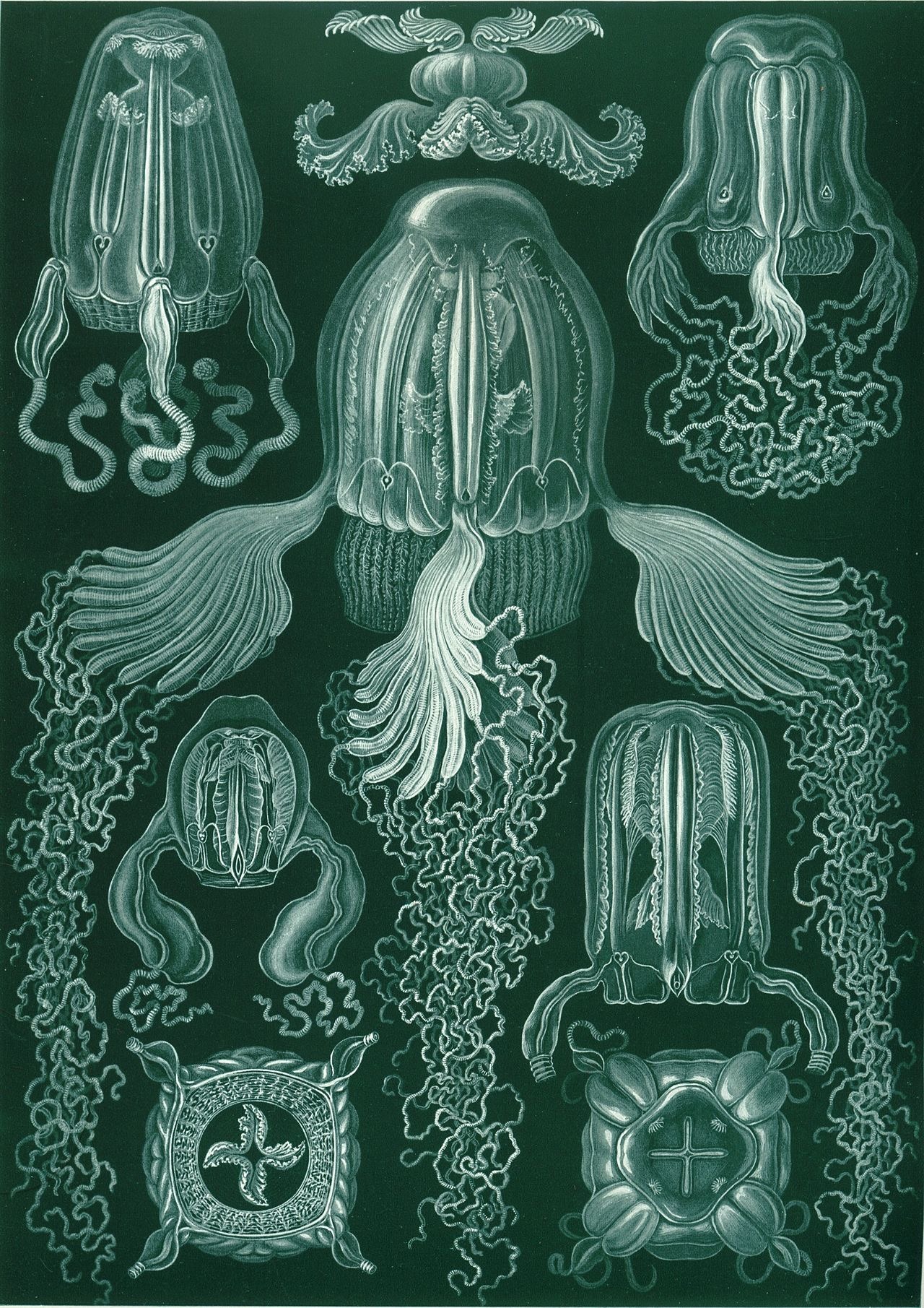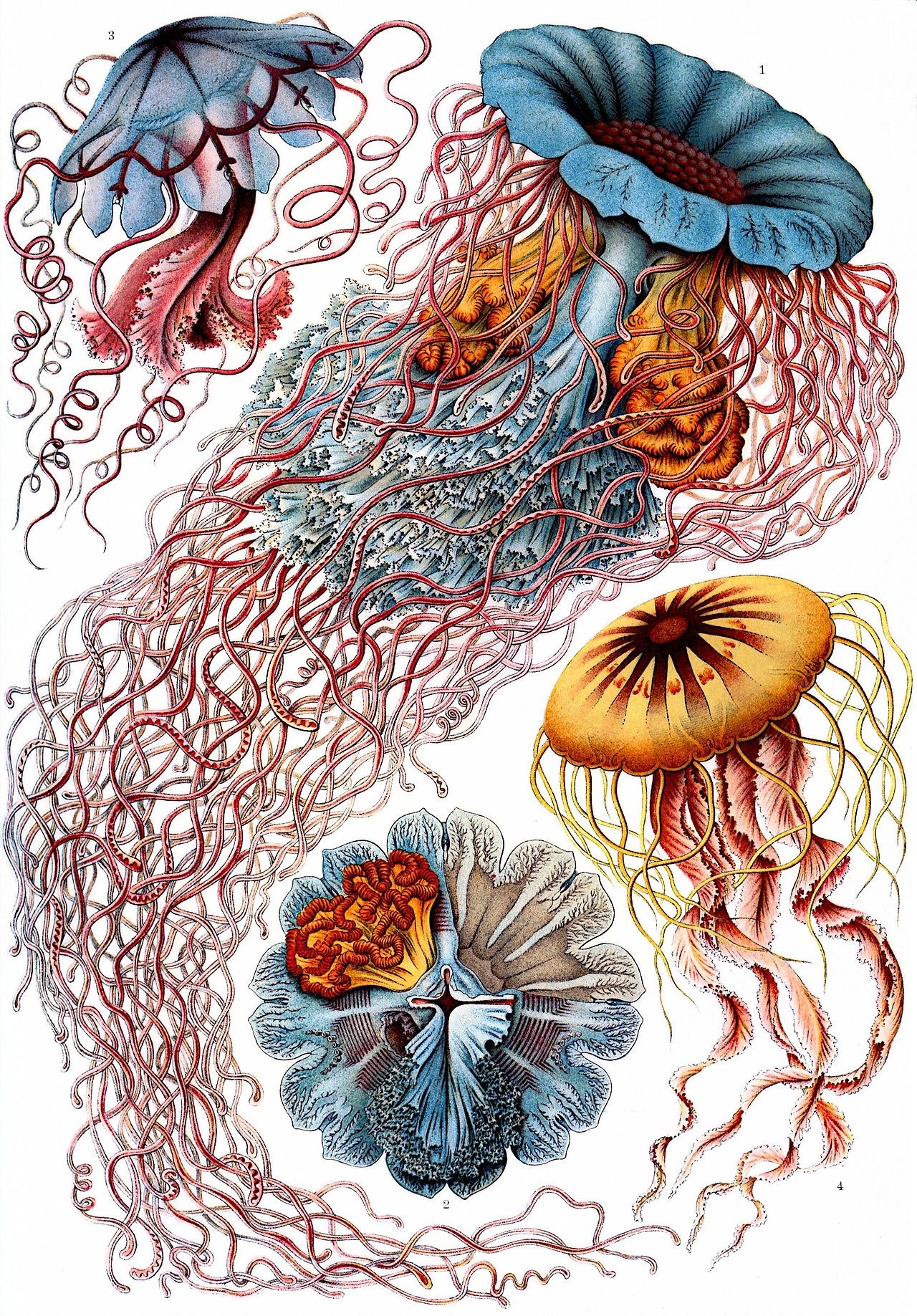Topic
/ evolution
20 posts Evolution has generated two opposed modes for organisms to find fitness:
r-selection is about speed: rapid reproduction, fast growth, many offspring
K-selection is about carrying capacity: slow development, robust fitness, few offspring
What can we learn to harness both approaches in work and life?
⎈
⎈
On Kevin Kelly’s “Technium” and why human innovation is different than the biological variety.
⎈
May 6, 2024 • # An interesting visualization technique for showing lineage.
✦
⎈
Gordon Brander:
There is something powerful about this notion of possibility spaces, both from a theory standpoint, and as a way of seeing. It causes you to approach challenges in a different way. You don’t need to be creative. The creative breakthrough already exists out there in the space of possibility. It’s just waiting to be discovered.
⎈
February 27, 2024 • # An basic explanation of the evolutionary process.
✦
⎈
February 20, 2024 • # David Deutsch's two enlightenments: the British vs. the Continental model.
✦
Evolution is a roiling mess of substance and interaction. Order emerges from the stew. Fitness allowing one collection of chemicals to outlast another.
A true complex system is confounding and inscrutable, bucking attempts to make it legible, controllable. “Greatness cannot be planned”.
⎈
A gene pool is carved and whittled through generations of ancestral natural selection to fit [a particular] environment. In theory a knowledgeable zoologist, presented with the complete transcript of a genome [the set of all the genes of an organism], should be able to reconstruct the environmental circumstances that did the carving. In this sense the DNA is a coded description of ancestral environments.
—In The Living Wild , Art Wolfe (2000)
(from David Deutsch’s The Beginning of Infinity)
The organism is a key to decoding its environment.
⎈
Environmental challenge + gradual adaptation + eons of time = magic.
⎈
The baron caterpillar. Nature finds a way.
⎈
October 26, 2023 • # We should be teaching the mechanisms of evolution.
✦
September 9, 2021 • # Embracing, reusing, and remixing existing technologies to build new ones.
✦
August 15, 2020 • # Raising less money, the many uses for a screwdriver, and the importance of relentless incremental progress.
✦
December 26, 2019 • # Steve Stewart-Williams on kin selection and altruism.
✦
November 27, 2019 • # How 'tinkering' improves robustness.
✦
November 16, 2019 • # Spicy foods and evolution, Humboldt's maps, and picking apart income taxes.
✦
November 23, 2018 • # A conversation between Bret Weinstein and Sam Harris on biology, culture, and religion.
✦
